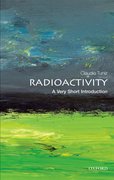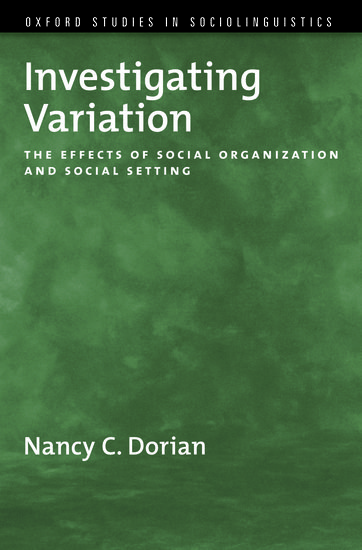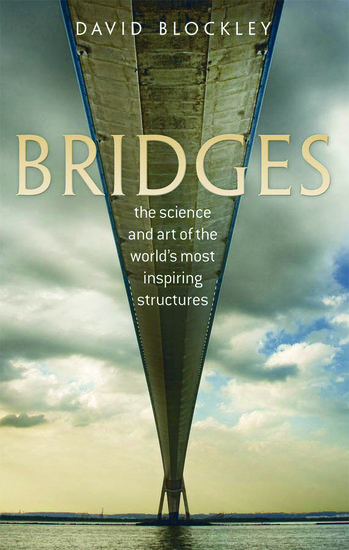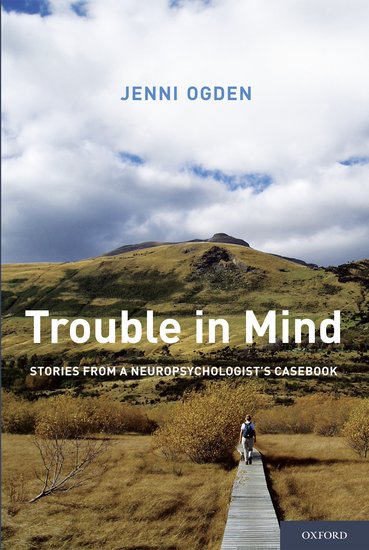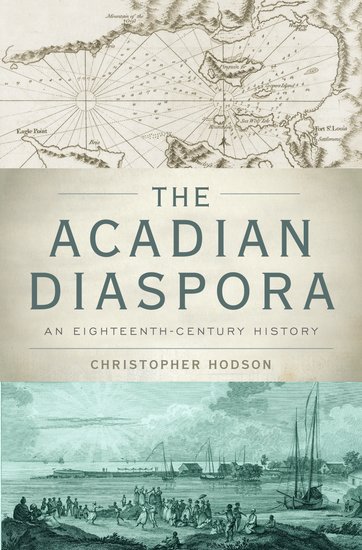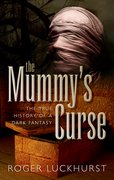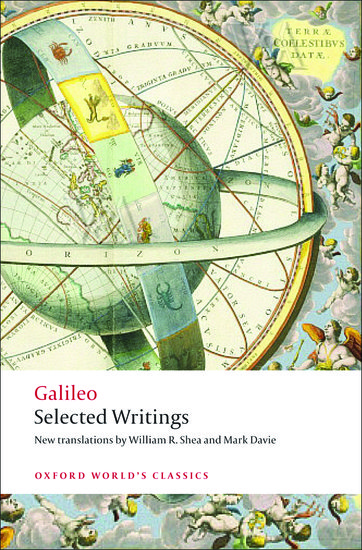Stone Age dentistry discovery
By Claudio Tuniz
Advanced analytical methods, based on radioactivity and radiation, have recently revealed that therapeutic dental filling was in use during the Stone Age. As part of the team that performed the study, I worked with experts in radiocarbon dating, synchrotron radiation imaging, dentistry, palaeo-anthropology and archaeology. Our discovery was based on the identification of an extraneous substance on the surface of a canine from a Neolithic human mandible.

